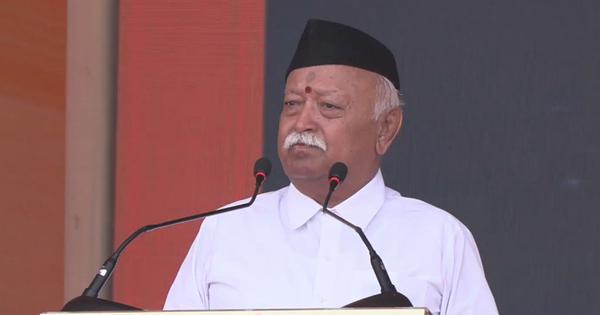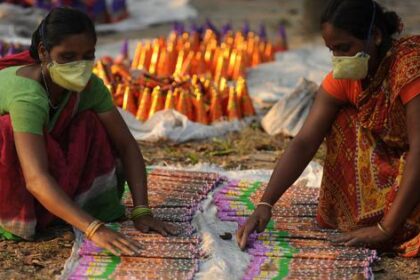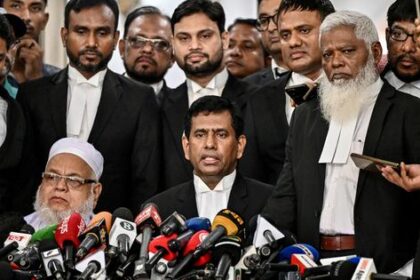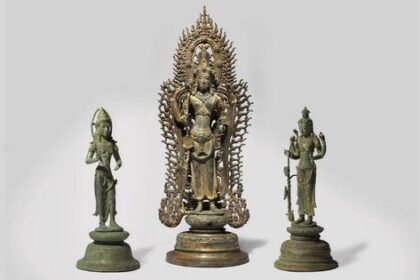Mohan Bhagwat emphasizes that social change should occur through democratic means, not violence.
Mohan Bhagwat, the chief of the Rashtriya Swayamsevak Sangh (RSS), expressed concern over recent unrest in neighboring countries, including Sri Lanka, Bangladesh, and Nepal. He articulated that such violent protests do not foster positive change but rather open avenues for foreign interference. Bhagwat made these remarks during his annual Vijayadashami address at the RSS headquarters in Nagpur.
He reflected on historical political revolutions, suggesting they seldom fulfill their intended goals. Bhagwat noted that discontent often arises when a government remains detached from the populace and fails to address their concerns. However, he asserted that expressing this discontent through violence is counterproductive. In referencing B.R. Ambedkar’s last speech to the Constituent Assembly on November 25, 1949, Bhagwat highlighted Ambedkar’s warning against such violent agitations, which he termed the ‘grammar of anarchy.’
The RSS chief emphasized the importance of achieving social change through democratic processes rather than resorting to violence. He reiterated that the unrest in the region is not merely a concern due to proximity but stems from the shared cultural ties India has with these nations. Bhagwat’s comments underline the significance of maintaining stability and harmony within the subcontinent.
In discussing national security, Bhagwat referred to the aftermath of the terror attack that occurred on April 22 in Pahalgam, Jammu and Kashmir, which resulted in 26 fatalities. He remarked that this incident revealed the true nature of India’s international relationships and highlighted the need for vigilance in security matters. Bhagwat pointed out that while India strives for friendship with other nations, it must remain aware of its security interests.
Moreover, he mentioned that the reactions of various nations following the attack illustrated the depth of their alliances with India. Bhagwat also warned about internal challenges, stating that certain unconstitutional elements within the country seek to undermine stability. He acknowledged the government’s strong actions against extremist and Naxal groups, asserting that these measures have revealed the weaknesses in their ideologies and led to a distancing from mainstream society.
In his address, Bhagwat reflected on the broader implications of violent protests, indicating that they often lead to greater societal division and unrest. He reiterated the need for constructive dialogue and engagement rather than hostility and aggression, calling for a more harmonious approach to addressing grievances within society. Overall, Bhagwat’s remarks resonate with the RSS’s vision of fostering unity and resilience in the face of challenges, both domestic and international.








